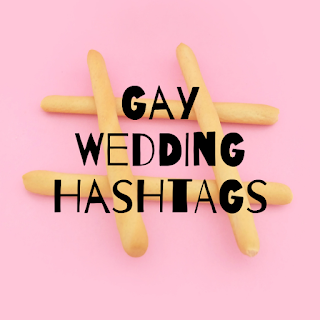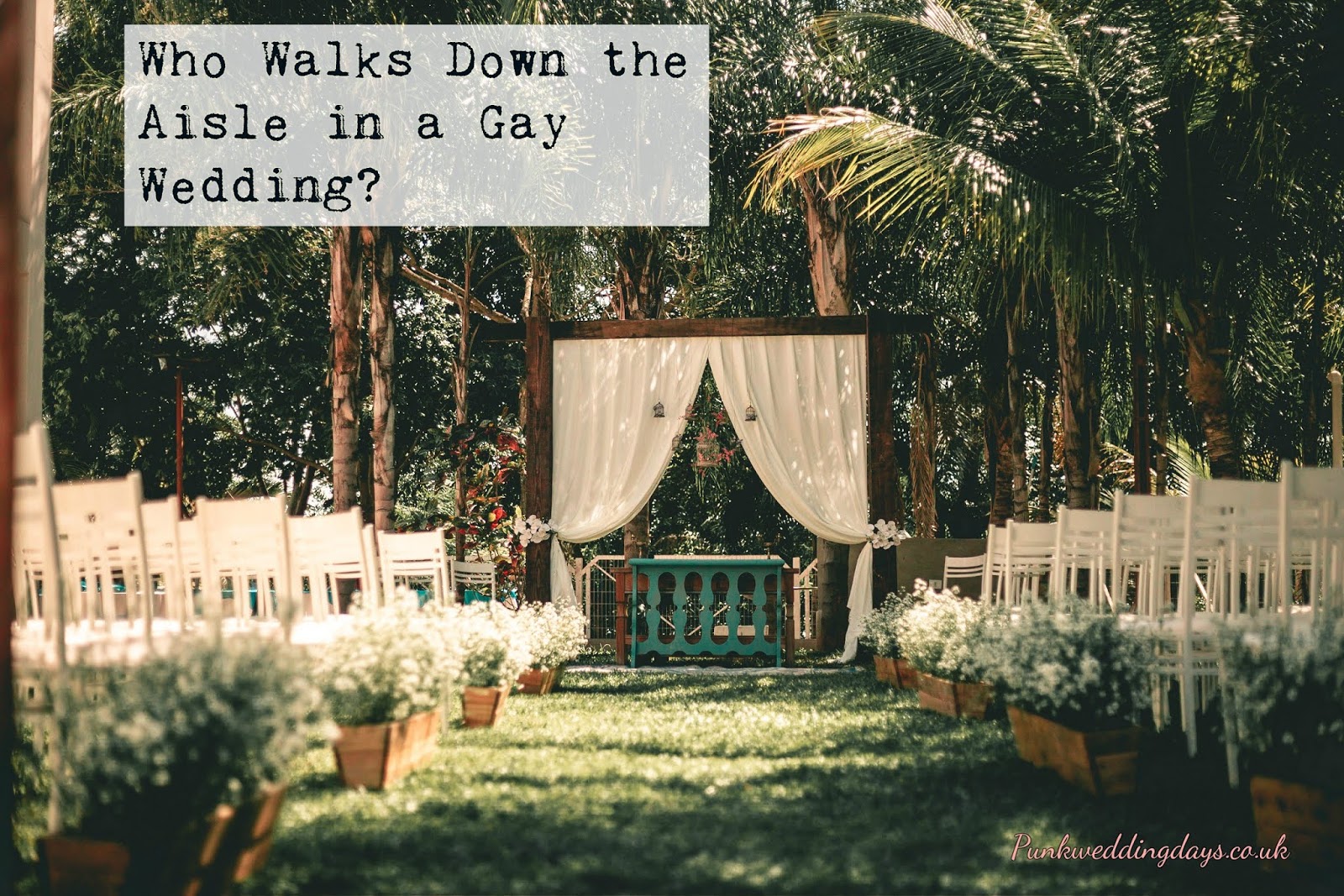Ordination of Gay Ministers in Scotland
It's been a momentous year for gay rights across the rest of the UK. Equal marriage has been a success: one that didn't see the sanctity of marriage eviscerated by men marrying other men or women taking vows with another women.
Couples who were in love had a wedding.
Equal marriage has settled some questions, but not all. When we talk of a house divided, then there's no better example of this (both North and South of the border) than the church.
On Wednesday, the Church of Scotland began the process of debating whether or not to ordain homosexual ministers. At present, only ministers that were ordained before 2009 and are either celibate or in a declared civil partnership are permitted to practice in the church.
In May 2013, during a debate on the issue there were passionate speeches from both sides: those who wanted a church open for gay ministers and those, the more conservative elements, who did not. This year - 21st May 2014 - after looking at the legal and religious implications, there was a vote.
The BBC reported that 369 were for it and 189 were against.
Compromise is now inevitable. In order to accommodate both sides, congregations would be allowed to opt-in to having gay or lesbian ministers in their communities. Those who would rather remain allied with the Church's traditional stance, can opt-out. Presbyteries across Scotland will now vote on the issue and if accepted, the law could be in place by 2015.
Certainly, neither side will be completely happy with the outcome; this is seen more as a vote for the unity of the church than as a sign the debate is dying down.
Should the law pass, it will need to be written into the law and so could be in place by 2015.








